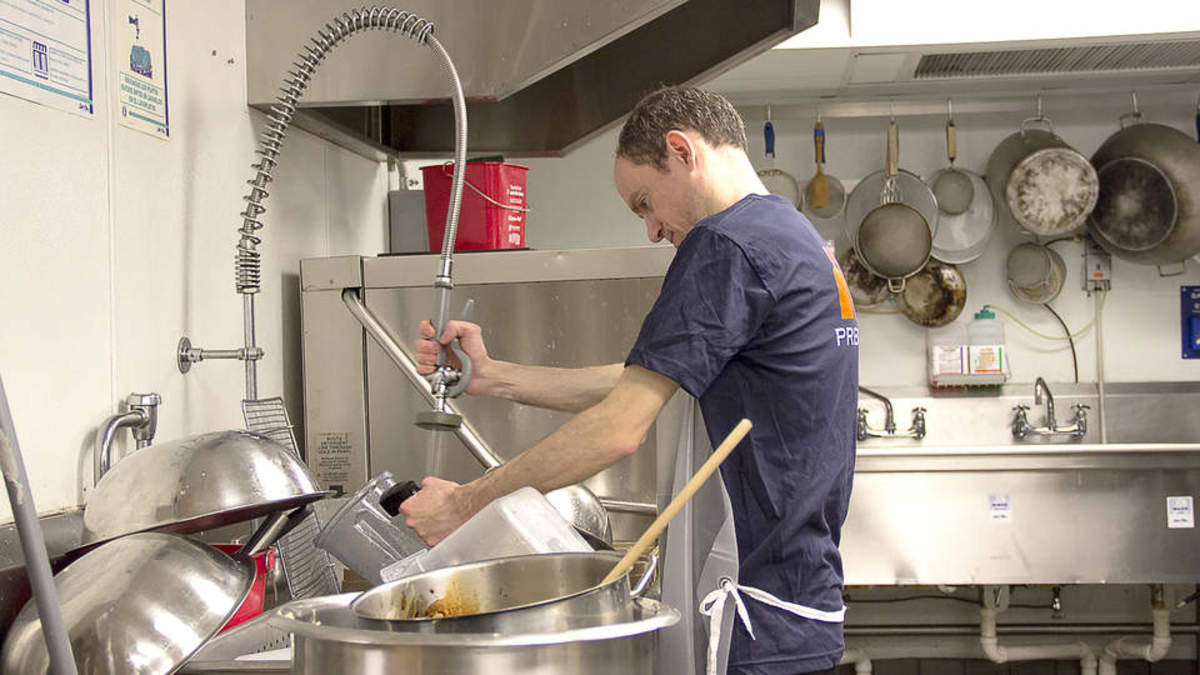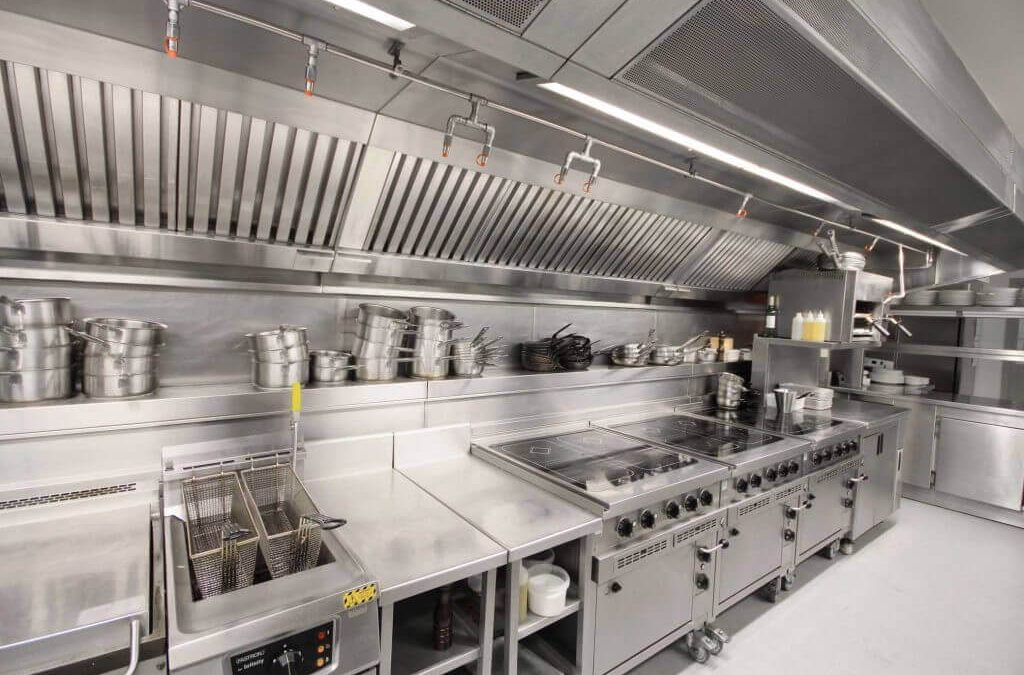Maintaining a high cleaning performance ensures a safe and hygienic environment. As such, organisations must develop effective methods to measure and monitor their cleaning performance.
The Workplace Safety and Health (WSH) Level 1 framework provides a comprehensive set of key performance indicators (KPIs) for evaluating cleaning operations.
By implementing the WSH Cleaning Performance standards, businesses can achieve a more systematic and practical cleaning approach while upholding safety and health practices implementation.
This article discusses the importance of measuring and monitoring cleaning performance, the WSH KPIs, and the benefits of enrolling in cleaning courses to enhance safety and health practices implementation.
Measuring and Monitoring Cleaning Performance: The Importance
Measuring and monitoring cleaning performance is essential for several reasons:
1. Ensuring a clean and safe environment
A clean environment minimises the risk of accidents, illnesses, and infections. The WSH Level 1 Cleaning Performance standards ensure that businesses maintain cleanliness, promoting safety and well-being for employees and visitors.
2. Enhancing productivity
A well-maintained workplace contributes to increased employee satisfaction and productivity. By measuring and monitoring cleaning performance, businesses can identify areas for improvement and implement changes that lead to a more efficient and pleasant work environment.
3. Compliance with regulations
Adhering to the WSH Cleaning Performance standards demonstrates a commitment to regulatory compliance. This helps businesses avoid penalties and maintain a positive reputation in the industry.
4. Continuous improvement
Regular monitoring of cleaning performance enables organisations to identify trends and patterns, allowing for constant improvement and optimisation of cleaning processes.

Source: Smart Choice Cleaning
WSH Key Performance Indicators (KPIs)
The WSH Level 1 framework outlines several KPIs organisations can use to measure and monitor their cleaning performance.
These KPIs focus on various aspects of cleaning operations, including effectiveness, efficiency, and sustainability.
Some of the critical KPIs include:
1. Cleaning effectiveness
This KPI measures the ability of the cleaning process to achieve the desired level of cleanliness. It can be assessed through visual inspections, surface hygiene tests, and customer satisfaction surveys.
2. Cleaning efficiency
This KPI evaluates the productivity of the cleaning process by comparing the resources used (e.g., labour, equipment, and materials) to the output achieved (e.g., clean square footage). Monitoring cleaning efficiency helps organisations optimise their cleaning operations to minimise costs and maximise results.
3. Sustainability
This KPI assesses the environmental impact of the cleaning process. Organisations can monitor their use of environmentally friendly cleaning products and practices, waste reduction, and energy efficiency to ensure a more sustainable cleaning operation.
4. Health and safety
This KPI evaluates the safety of the cleaning process for workers and building occupants. It includes monitoring personal protective equipment (PPE), adherence to safety procedures, and the number of work-related accidents or incidents.
5. Training and development
This KPI measures the effectiveness of training programs, such as WSQ cleaning courses, in enhancing employees’ knowledge and skills in safety and health practices implementation. Organisations can monitor the completion rate of training programs and assess employees’ performance to ensure continuous improvement.

Source: Live About
WSQ Cleaning Courses: Enhancing Workplace Safety and Health Practices Implementation
Enrolling in cleaning courses is a valuable investment for businesses seeking to improve their cleaning performance and safety and health practices implementation.
These courses provide comprehensive training on various aspects of cleaning operations, including:
1. WSH Cleaning Performance Standards
Participants learn the fundamental principles and best practices of the WSH Level 1 Cleaning Performance framework, enabling them to implement these standards effectively within their organisations.
2. Workplace safety and health practices
These courses cover essential workplace safety and health practices, including risk assessment, hazard identification, and control measures. This knowledge enables employees to perform their cleaning tasks safely and efficiently while minimising the risk of accidents and injuries.
3. Cleaning techniques and equipment
Participants gain practical knowledge of various cleaning techniques and equipment, allowing them to choose the most appropriate methods and tools for their cleaning tasks.
4. Sustainability and environmental responsibility
Cleaning courses also emphasise the importance of sustainable cleaning practices, such as using eco-friendly products and reducing waste. This helps organisations minimise their environmental impact while maintaining a high standard of cleanliness.
5. Quality management
The courses provide insights into quality management principles and tools that can be applied to cleaning operations. This enables organisations to continuously monitor, evaluate, and improve their cleaning performance, ensuring they meet or exceed the WSH Cleaning Performance standards.

Source: Delishably
Measuring and monitoring cleaning performance is vital for businesses to ensure a safe, hygienic, and productive work environment.
The WSH Cleaning Performance framework provides a comprehensive set of KPIs organisations can use to evaluate and enhance their cleaning operations.
By implementing these standards and enrolling in cleaning courses, businesses can improve their workplace safety and health practices implementation, optimise their cleaning processes, and maintain high cleanliness and safety in their facilities.
Ready to enhance your organisation’s cleaning performance and ensure a safer, cleaner environment?
Discover the benefits of our food safety course by enrolling in Skillmaster’s comprehensive training program today! Sign up now.




